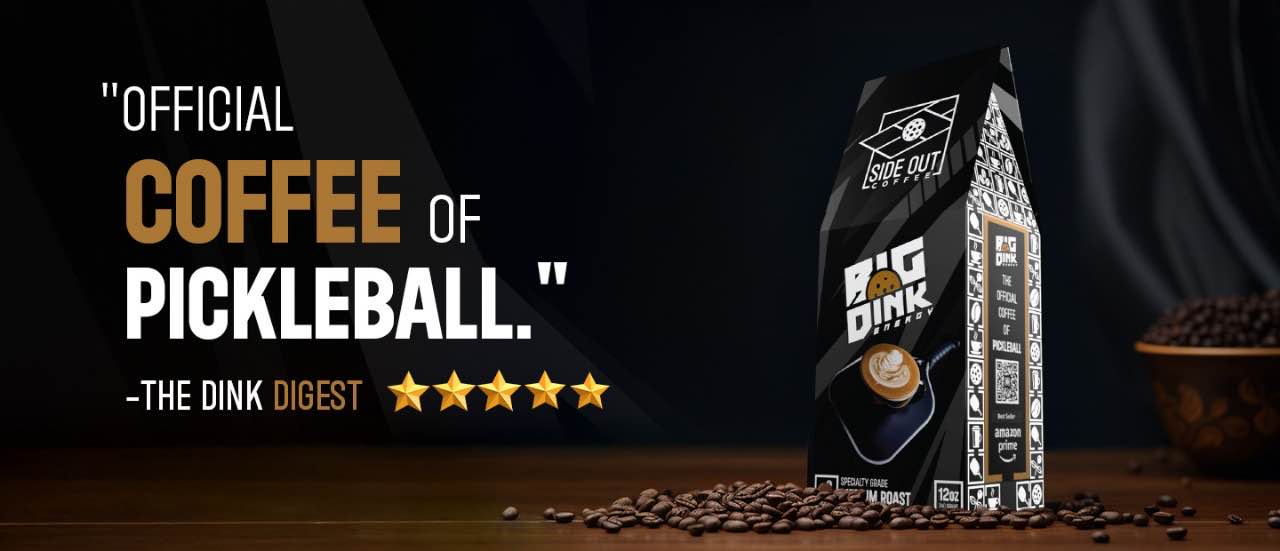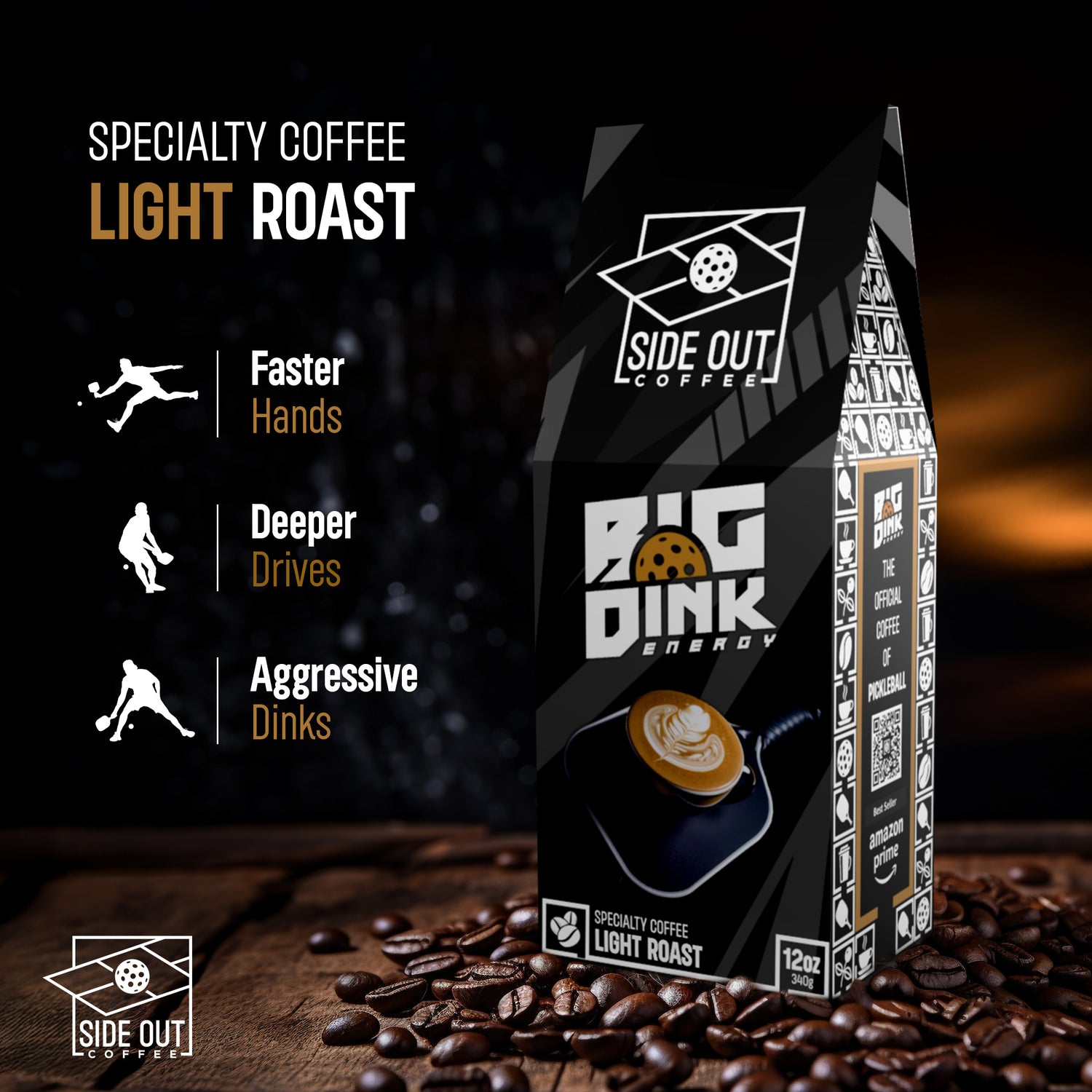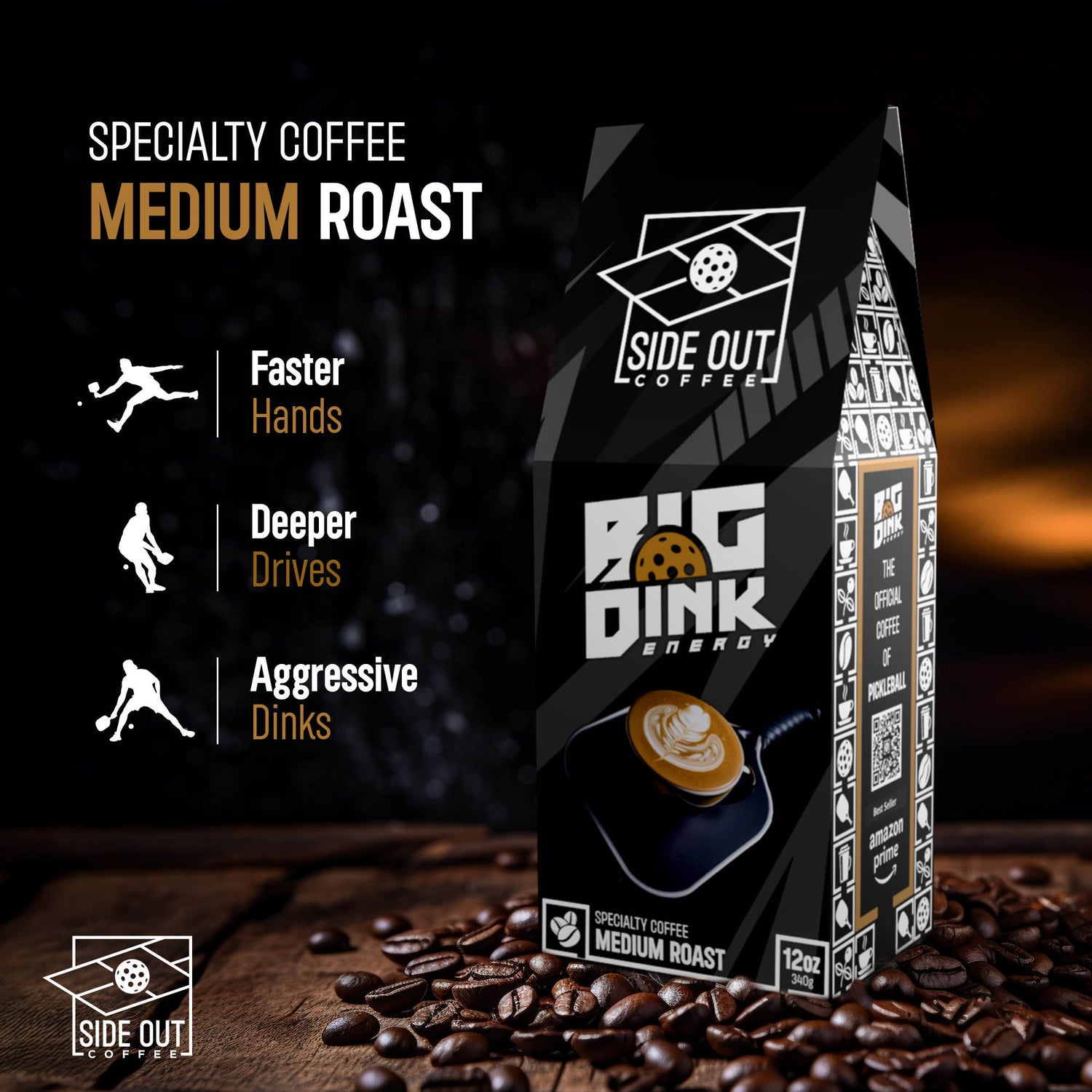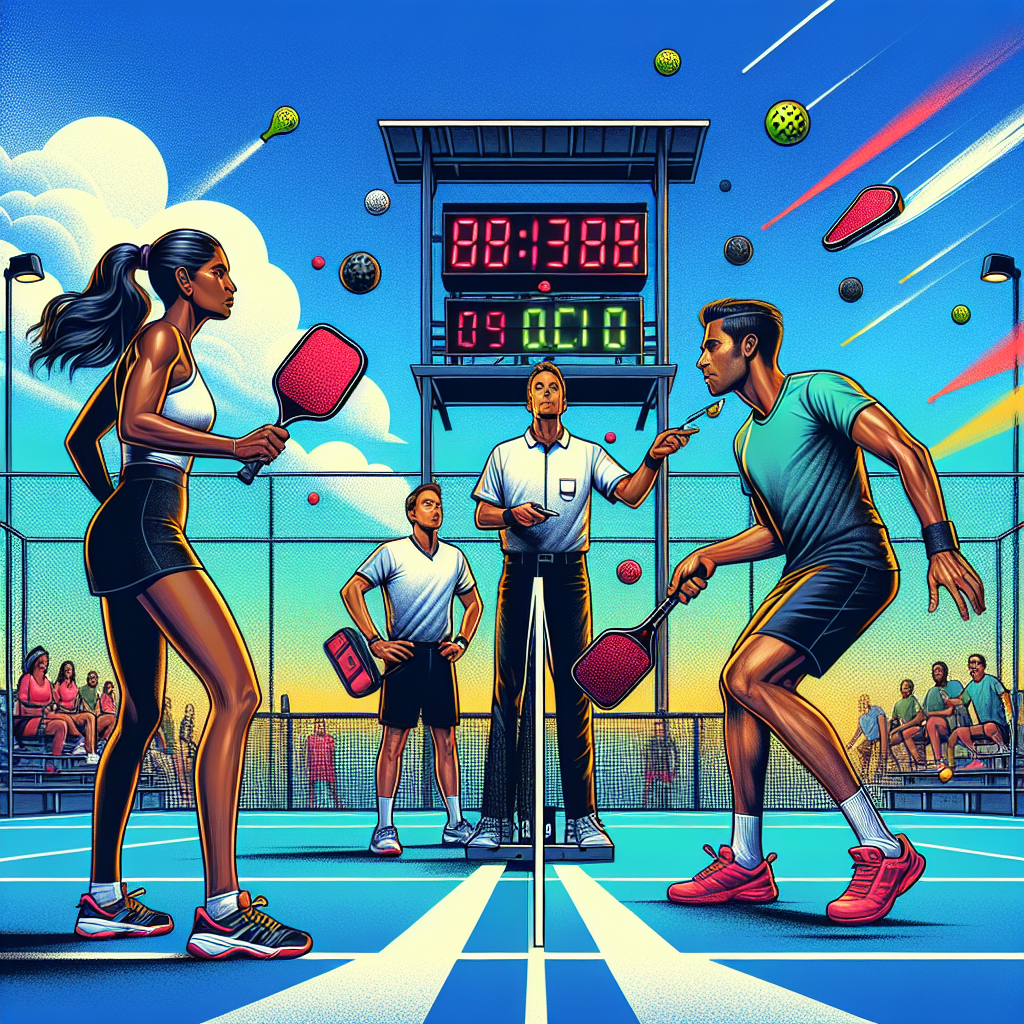
Pickleball Timeouts and Break Rules for Competitive Play
authorShare
Pickleball, a rapidly growing sport, offers excitement and thrill, especially when played competitively. An important aspect of competition in pickleball is understanding the rules around timeouts and breaks, which can significantly influence the outcome of a match. In this article, we delve into the specifics of pickleball timeouts and break rules for competitive play to ensure you're well-prepared for your next match.
Introduction to Pickleball Timeouts and Breaks
Pickleball, known for its fast pace and engaging rallies, necessitates understanding various rules, including those concerning timeouts and breaks. These rules not only manage the flow of the game but also offer players a strategic advantage. Understanding and utilizing these rules effectively can be the difference between winning and losing in competitive matches. This article aims to provide a comprehensive guide for both new and seasoned players.
Timeout Rules in Competitive Play
Timeouts are crucial opportunities in pickleball, often used to regroup, strategize, and catch a momentary breath. Here are the essential rules surrounding timeouts:
- Each team is allowed a predetermined number of timeouts per game, generally two timeouts lasting one minute each.
- Calling a Timeout: A player must call a timeout before the opponent serves the ball.
- Should the match go into overtime, an additional timeout might be permissible, depending on the tournament's rules.
Ensuring familiarity with specific tournament regulations regarding timeouts is crucial since rules can sometimes vary based on the organizer and location of the event.
Strategic Use of Timeouts
Using timeouts strategically can alter the momentum of a match. Here are ways players can make the most of their timeouts:
- Regaining Composure: Utilize a timeout to calm nerves and regain focus.
- Discussing Strategy: Reassess tactics and communicate effectively with your partner.
- Disrupting Opponent Rhythm: Use a timeout to throw off your opponent's momentum, especially if they're on a scoring run.
The strategic use of timeouts is an art that experienced players develop over time, focusing on both their own needs and leveraging potential weaknesses in their opponents.

Break Rules in Competitive Pickleball
Aside from timeouts, break rules also play a significant role in managing gameplay. Here are some key points to note:
- Between Games: There is usually a two-minute break interval between consecutive games.
- Injury Breaks: Players are allowed medical timeouts for injuries, lasting generally around 15 minutes.
- Switching Sides: In event of weather or court conditions that favor one side, players switch sides at specified intervals.
Breaks offer players the chance to hydrate, adjust equipment, and prepare mentally for the next set of challenges, ensuring players are at their best physically and mentally.
Tips for Players on Managing Timeouts and Breaks
Effective management of your timeouts and breaks can provide a competitive edge in pickleball matches. Here are some additional tips:
- Pre-Plan: Before the match starts, communicate with your partner about how you'll utilize timeouts.
- Stay Engaged: Even during breaks, keep your mind on the game. Visualize plays, relax, and use techniques that aid performance.
- Hydrate and Fuel: Use breaks to replenish energy with fluids and quick snacks if necessary.
Being prepared to use these breaks effectively is a skill that every competitive pickleball player needs to master to excel in the sport.
Improve your pickleball strategy by understanding these essential rules. Utilize breaks and timeouts to capitalize on gameplay opportunities, remain composed under pressure, and give your best performance. If you’re seeking a fresh pick-me-up before your next big match, try Side Out Coffee. We roast our beans fresh to order and ship nationwide to deliver the perfect caffeine boost. Visit our website at sideoutcoffee.com for more details.
